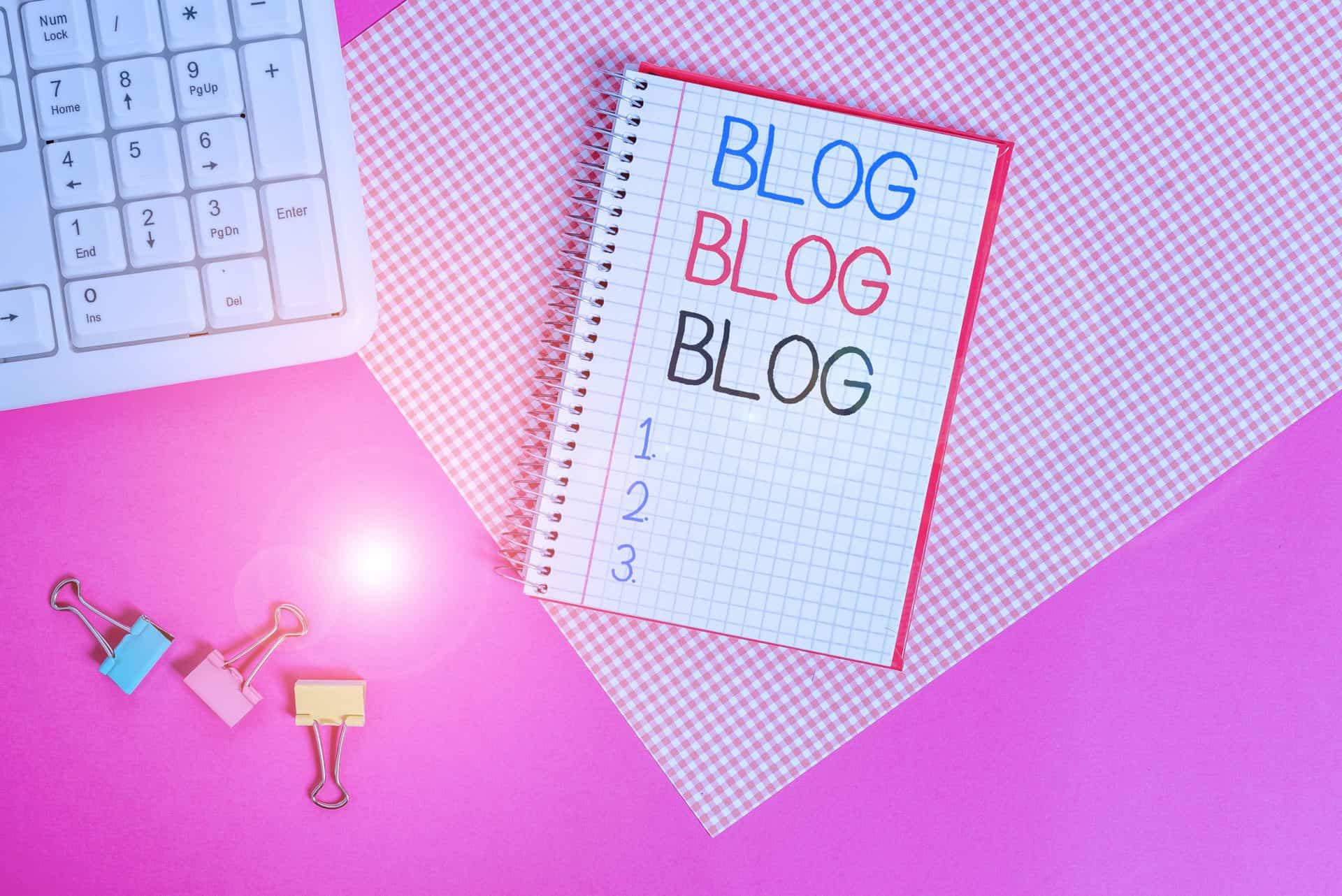
How To Use Popular Portmanteaus Properly

Like virtually every other Gemini I know, I have the ability to appreciate almost any perspective on a given debate. The proper use of popular portmanteaus in professional writing is a prime example.
What Is a Portmanteau?
A portmanteau is a word that is blended from parts of other words. To illustrate what a portmanteau is, you need only look outside on a cloudy, hot summer day during forest fire season and remark on all the smog (a term that blends both smoke and fog) out there.
The Portmanteau Debate
On the one hand, I adore portmanteaus. I love playing real-time games trying to consolidate the overly wordy phrases that I encounter in everyday literature. (I think Hagrid the best Caremagicreacher in Hogwart’s history) I think that precisely blended terms like hangry feel natural and get straight to the point. Combining velvet and crochet to form Velcro is innovative, and marrying happening and circumstance together for happenstance is both creative and economical.
On the other hand, the purist in me can be pretty snobby about words needlessly shoved together on the spot and then trended into pop-culture conversation. Still, if you love gossiping about Brangelina or if you feel that ridonkulous is the only way to describe your best friend’s most recent Twitter post adequately, I won’t be judgmental.
I’m not alone on either side. Evolutionary linguists believe that portmanteaus are a part of a language that morphs with society’s needs. If you want evidence, just compare English writer Shakespeare with J.K. Rowling. I bet you already know which author you could read without a translation.
Shakespeare was the first English writer to include blended words like gnarling and twangling in his works.
Yet, others find portmanteaus quite irritating and have no reservations about making their feelings known. Whatever your personal opinion, you will use them as a writer, knowingly or not, and the trolls out there will be sure to let you know if they think you’ve done it correctly.
My go-to for all things grammar-related is the AP Stylebook, and it does not have a hard rule on when portmanteaus are appropriate. So, let’s stand on neutral ground and work out some common-sense guidelines.
Popular Portmanteau Examples
It seems like there’s a never-ending flood of new words popping up to describe contemporary issues (screenager), recent events (Brexit) or products (Botox) that just didn’t exist until now.
Depending on where you do the bulk of your communicating, a portmanteau that is commonplace to you may not be recognized outside of your niche or literary circle. Most often, you probably want your writing to sound intelligent before everything else, so do the legwork to determine if your portmanteau is a legitimate word or at least a generally acknowledged slang term.

1. Everyday Portmanteau Examples
Each year, popular portmanteaus are incorporated into official lexicons. This has already been happening for decades at a minimum, and many of these combinations are now so generally accepted that many people don’t realize that they are actually portmanteaus. Here is a list of common portmanteaus used in everyday speech:
| avionics (aviation/electronics) | infomercial (information/commercial) | ||
| breathalyzer (breath/analyzer) | knowledgebase (knowledge/database) | ||
| brunch (breakfast/lunch) | meld (melt/weld) | ||
| camcorder (camera/recorder) | motorcade (motor/cavalcade) | ||
| carjack (car/hijack) | scuzzy (scum/fuzzy) | ||
| cellophane (cellulose/diaphane) | shopaholic (shopper/alcoholic) | ||
| chortle (chuckle/snort) | smog (smoke/fog) | ||
| clasp (clutch/grasp) | splatter (splash/spatter) | ||
| dumbfound (dumb/confounded) | taxicab (taximeter/cabriolet) | ||
| electrocution (electricity/electrocution) | telethon (television/marathon) | ||
| flare (flame/glare) | |||

2. Niche Portmanteaus
Every niche has unique jargon, and it’s often logical and expeditious to shorten common terms to make communication easier. The science and medical industries often find portmanteaus useful tools for a plainer language. Here are some portmanteau examples in these industries:
| bionics (biology/electronics) |
| cyborg (cybernetic/organism) |
| endorphin (endogenous/morphine) |
| genome (gene/chromosome) |
| hazmat (hazardous/material) |
| oxidant (oxidizing/agent) |
| pulsar (pulsating/quasar) |
Hybrid animal portmanteaus are also rather scientific. The modern trend of designer-dog breeding is an especially great example of how name-blending can simplify classification:
| chipin (Chihuahua/miniature pinscher) |
| cockapoo (cocker spaniel/poodle) |
| Labradoodle (Labrador retriever/poodle) |
| Maltipoo (Maltese/poodle) |
| puggle (pug/beagle) |
A lot of tech terms are portmanteaus, streamlined to make them easier for laypeople to understand and remember:
| blog (web/log) |
| internet (international/network) |
| malware (malicious/software) |
| netiquette (internet/etiquette) |
| pixel (picture/element) |
| podcast (iPod/broadcast) |
| webinar (World Wide Web/seminar) |

3. Trademark Portmanteaus
Corporate and trademark portmanteaus are a perfect storm of my fascination with advertising psychology and creative wordsmithing. The goal of these portmanteau examples is to provide an immediately memorable name that simultaneously describes its purpose:
| Bisquick (biscuit/quick) |
| Botox (botulism/toxin) |
| Groupon (group/coupon) |
| Intel (integrated/electronics) |
| Jazzercise (jazz music/exercise) |
| Microsoft (microcomputer/software) |
| Pinterest (pushpin board/interest) |
| TaeBo (tae-kwon-do/boxing) |

4. Slang and Pop-Culture Portmanteaus
Probably the most likely to be short-lived portmanteaus are ideas that mutate into slang and are repeated throughout pop-culture and social media posts. These examples are also the ones that you’ll want to use carefully and intentionally to maintain a professional tone:
| biopic (biography/motion picture) |
| Bollywood (Bombay/Hollywood) |
| Frankenfood (Frankenstein/food) |
| frenemy (friend/enemy) |
| ginormous (giant/enormous) |
| glamping (glamorous/camping) |
| metrosexual (metropolitan/heterosexual) |
| mockumentary (mock/documentary) |
There are too many popular portmanteaus to list in a single article, and many of them are open to interpretation. Whenever I’m in doubt, I look up the word in the dictionary; if Merriam-Webster says it’s a word, it’s fair game.
If not, I strongly consider how and why I’m going to use the word. Am I adding real value to my blog by labeling my best friend’s Twitter post as ridonkulous, or would an existing word like inane work just as well.
The original word portmanteau (a compartmented suitcase) is a combination of the French words porter (carry) and manteaux (mantle or cloak) … which makes it a portmanteau.
How To Use Portmanteaus in Professional Writing
I am absolutely guilty of using the word ginormous when I exaggerate in casual conversation, which is pretty much all the time. However, this is the first instance where I’ve used it professionally, and it is a perfect example of context and intention.
As a professional writer, you’ve likely already experienced the power of the printed word and how its misuse can go drastically wrong. Before you place popular portmanteaus in your content, you need to fully understand the term’s meaning, appreciate the contextual value and understand the potential implications.

1. News and Informational Articles
Formal news and informational pieces are fact-based and generally opinion-free articles. Circumventing portmanteaus altogether can result in clumsy content, but it’s still wise to stick to terms most widely accepted in standard vocabulary.
Avoid slang unless you’re using it in a direct quote, even if it is in the dictionary. When trying to determine if a legitimate portmanteau is suitable for formal writing, ask yourself the following questions:
- Is the portmanteau the plainest and most precise word possible?
- Is there a better term or phrase with a more neutral connotation?
- Have other reliable sources used the portmanteau?
- Is the portmanteau appropriate to the genre and likely to be understood?
Words such as avionics, motorcade and mockumentary are fine for articles about airplane production, presidential visits and new movie releases, respectively. However, the portmanteau Obamacare should probably be forgone in favor of the Affordable Care Act, and keytar ought not to appear outside of a 1980s New Wave music review.

2. SEO and Blog Content
It’s essential to be careful with SEO and blog content because a wide variety of styles and tones might be used. For example, sports portmanteaus like heli-skiing that are commonplace on extreme athletics websites may be completely inappropriate on youth sports blogs. It all depends on client preferences, creative license and how you want your writing style to be perceived.
An exceptional content writer can embody different personalities and switch effortlessly between vernaculars that are most likely to be understood by the targeted audiences. The rest of us aren’t quite there yet, so the key here is reading and research.
If you’re writing informative content for a doctor’s website, scan medical articles. You’ll see that portmanteaus like endorphin and oxidant are generally standard, pregnesia is not and diabesity is questionable at best. However, if the doctor’s target demographic is college-aged young women, a quick read of previous posts may reveal that it’s fitting to discuss tips for staving off illness while glamping or the health risks of becoming a workaholic.

3. Social Media Posts
Social media posts tend to be the most informal, and casual or slangy writing including portmanteaus generally won’t be a problem. Still, you need to be relatable to your readers.
A tech audience may understand posts about netiquette in the blogosphere, but senior adults might not. A senior audience also isn’t likely to appreciate advice on how chillaxing with their frenemies might improve their retirement neighborhood relationships.
However, another consideration is that you want instantly engaging social media posts, and clever portmanteaus are an excellent way to accomplish that. (“Attention, Gryffindors! Vote for your favorite Caremagicreacher here!”)
To Use or Not To Use Portmanteaus
Using popular portmanteaus in your personal or professional writing is essentially a judgment call, and my best advice is to stick to your style and to use them intentionally. Match the tone of the surrounding content or topic. Understand that the audience of well-established publications with high standards may become a little hostile after you write about Grexit if they believe that the term Brexit was bad enough already.
Ultimately, I say go ahead and include portmanteaus in your content, albeit wisely. Those terms that have actual value will stand the test of time — if ridonkulous has become standard lexicon in 50 years, then I will grudgingly acknowledge my defeat.
Now, it’s your turn. What’s your favorite popular portmanteau? What are the most inspired portmanteau examples that you’ve created? Share in the comments so the rest of us can bask in the glow of your eloquence!
- What Is a Preposition? An Explanation With Examples - May 20, 2023
- Commonly Confused Words: Fewer vs. Less - May 17, 2023
- Why Is the Incorrect Use of Prepositions So Common? - June 1, 2022



This was a fun read. There’s one mistake; you’ve listed electrocution as a source for itself. That should be execution.
Thanks for the interesting article.
Jon